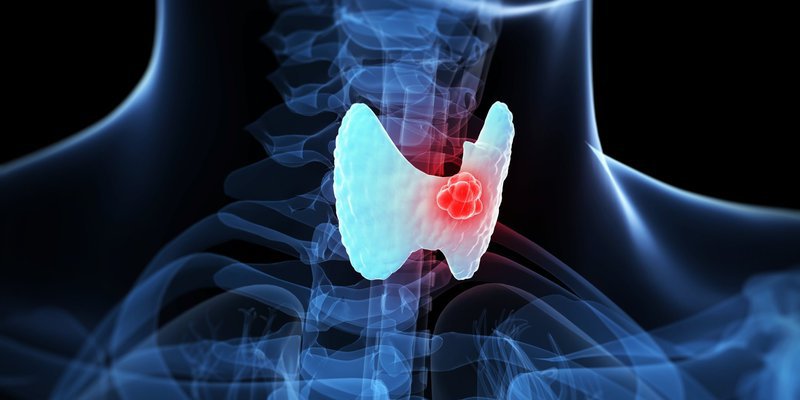In the dynamic field of neurosurgery, constant innovation is reshaping the landscape and enhancing patient outcomes. The latest breakthroughs and technological advancements are ushering in a new era, providing neurosurgeons with cutting-edge tools and techniques.
Minimally Invasive Techniques:
Advancements in neurosurgery have given rise to minimally invasive techniques, reducing the invasiveness of procedures. Technologies such as endoscopic surgery and stereotactic radiosurgery enable surgeons to operate with precision through smaller incisions, minimizing trauma to surrounding tissues. This accelerates recovery as well as lowers the risk of complications associated with traditional open surgeries.
Robotics in Neurosurgery:
The integration of robotics into neurosurgical procedures has revolutionized the field. Robots assist surgeons in delicate tasks, enhancing precision and accuracy. This benefits the surgeon and also contributes to reduced postoperative pain and faster recovery for patients. The impact of robotics in neurosurgery is a testament to the power of technology in optimizing surgical outcomes.
Simulation Technology:
Simulation technology has become a cornerstone in neurosurgical training and planning. Surgeons can now simulate complex procedures before entering the operating room, refining their skills and optimizing the surgical approach. This reinforces the surgeon's confidence and improves patient safety and outcomes.
Functional Neurosurgery Developments:
Advancements in functional neurosurgery focus on understanding and modulating the neural circuits involved in various conditions. Deep brain stimulation (DBS) and other neuromodulation techniques are offering new hope for patients with conditions like Parkinson's disease and epilepsy. These innovations highlight the expanding scope of neurosurgery beyond traditional approaches.
AI in Neurosurgery:
The human brain, a technological marvel, sees promising collaboration with AI in neurosurgery. AI excels in enhanced medical imaging, aiding real-time diagnosis of strokes and tumors. In surgical planning, platforms like Brainlab simulate strategies, setting new benchmarks. AI serves as a formidable ally during surgery, revolutionizing decision-making with innovations like augmented endoscopy. Postoperatively, AI ensures continuous monitoring, predicting complications for quicker recovery. The future holds unprecedented innovations as machine learning in neurosurgery evolves, showcasing AI's broader potential in healthcare.
Impact on Patient Outcomes and Recovery:
The adoption of these innovative technologies directly influences patient outcomes and recovery. Minimally invasive techniques result in shorter hospital stays, reduced postoperative pain, and quicker return to normal activities. The precision afforded by robotics ensures targeted interventions, minimizing damage to healthy tissue and expediting recovery. Simulation technology and functional neurosurgery developments contribute to better-informed decision-making, leading to improved patient outcomes.
In conclusion, the continuous evolution of neurosurgery through technological innovation is propelling the field to unprecedented heights. Patients are reaping the benefits of these advancements with improved outcomes, shorter recovery times, and enhanced overall quality of life. As technology continues to advance, the future holds even more promising developments in the realm of neurosurgery.

Dr Vignesh Sayeerajan Consultant – Neurosurgery Apollo Cancer Centre, Chennai





.png)



